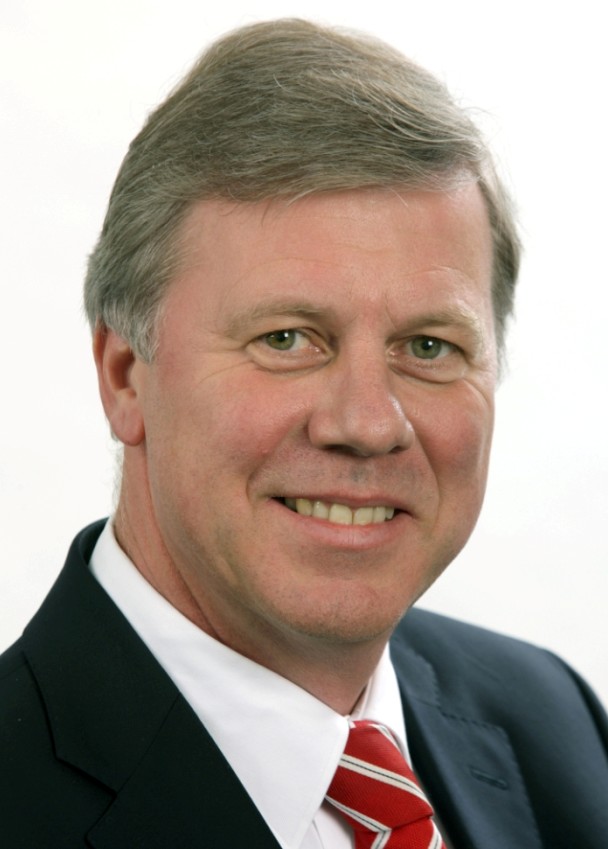
Hein van der Zeeuw is CEO of Odersun, a thin-film solar manufacturer. He is a twenty-six year veteran of the electronic components and semiconductor industry and former Member of the Board of Management of NXP Semiconductors, which was spun out from Philips in 2006. Van der Zeeuw sees the biggest growth rates in renewable energies come from developing countries.
By Jeanny Lim
Could you please update us on the global trends in renewable energy investment? What are the future prospects for investment?
The global investment in renewable energies has grown extensively over the past years turning the so-called clean tech area into a serious industry now being closely monitored and followed by major investment companies. Meanwhile, there are investment funds focused on renewable energy specifically such as Virgin’s Green Fund, who also invested in Odersun. This development has been slowed down by the credit crunch, just like anywhere else, but forecasts of further significant growth will still funnel more capital into this sector.
The high prospects of renewable energy investments might seem to be mainly policy driven, but this is only half the story. Renewable energies are basically an economy as well as environmental necessity.
How much investment has been made into the renewable energy industry in your country/region? And what are the future prospects?
In 2008, more than a third of global clean tech investments that went into Europe and Germany is still the leading market for solar energy. However, the biggest growth rates come from developing countries. China is surely the most promising region for growth in renewable energies in the near future. Latest government programs just announced major support for solar in the country and investment grew by 27% (before credit crunch) according to figures by the United Nations.
How has the global economic crisis been affecting the renewable energy industry? Is there a specific technology sector that has been affected more severely? And is there a specific geographical region that has been affected more severely?
The credit crunch impacted the renewable energy industry. Major projects need loans to bridge the time between installation and the sale of such power plants to investors. The current restraint of banks to deliver feasible credit solutions left some companies and projects in trouble. It also turned more and more difficult to attract investment into young and emerging companies. As I already mentioned, the overall investment into the sector declined significantly early 2009. Nevertheless, this crisis hasn’t hit the industry as hard and the trend is slowly recovering. Due to the projected growth rates and policy backing, clean tech is one of the few economic sectors, which still offer good opportunities for investors.
What kind of correlation is there between the price of raw materials, oil and electricity and the renewable energy industry?
In the past, the high oil price and its overarching impact on our oil-based economy raised awareness for alternative energies as an economic requirement rather than being solely a climate-change issue. This perceived urgency has fueled money into the renewable energy industry and smoothed the ways for support schemes which triggered and supported this industry’s significant growth. The currently low oil-price does not negate the fact of limited resources and a need for a shift of paradigm in our global energy supply.
Jeanny Lim is Editor-in-Chief of InterPV. Send your comments to swied@infothe.com.
For more information, please send your e-mails to pved@infothe.com.
ⓒ www.interpv.net All rights reserved
|



